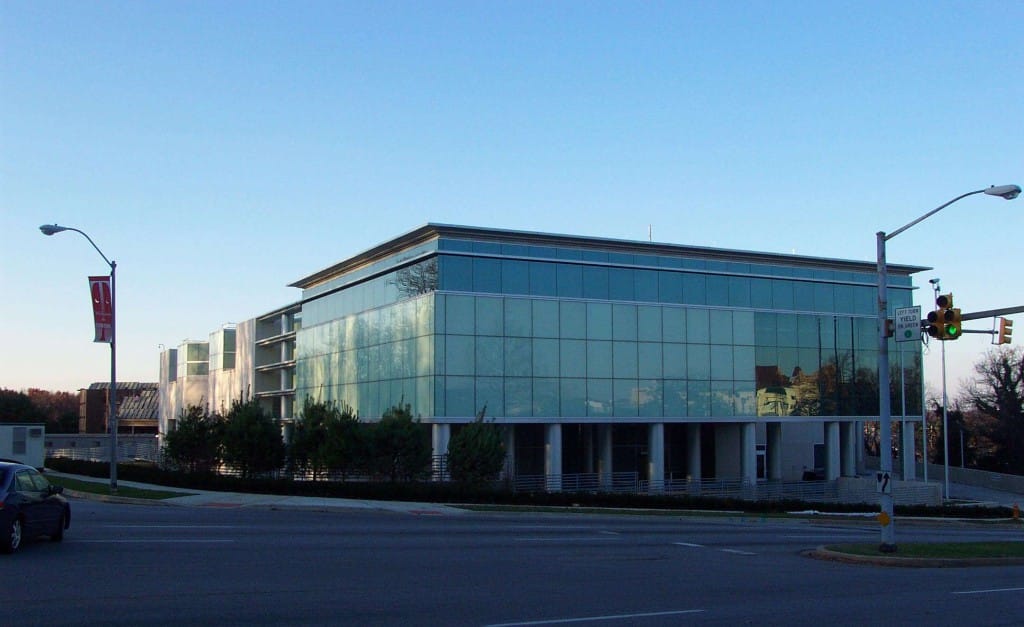Since 2015, Maryland youth automatically charged as adults who are “transfer eligible” are held pretrial by the Maryland Department of Juvenile Services instead of adult lockups. However, prosecutors can ask judges to place juveniles charged as adults in adult jails. Judges can order that youth be held in an adult jail if placement in a juvenile facility “would pose a risk to the child or others” or if the Department of Juvenile Services decides there is insufficient space in a juvenile facility.
Presently, there is a crisis at the Baltimore County Detention Center concerning the children being held there. According to reports from the Baltimore Sun, children are locked in their cells for 23 hours a day, only allowed to leave for an hour to either shower or make a phone call (not both). Their living conditions are said to be abominable, with rodent-infested cells that are susceptible to flooding plumbing with contaminated toilet water and debris. While in the intake unit, the kids sleep on mats on the floor and do not receive schooling. Additionally, the kids have trouble accessing doctors and mental health services while also having to pay for items like soap and shampoo. “These children have never been found guilty of anything,” juvenile public defender Jenny Egan said. “We are doing enormous damage to these children.”
The Maryland Office of the Public Defender recently wrote a letter to county leaders concerning these issues. Deborah St. Jean, director of the public defender’s Juvenile Protection Division, says that the Baltimore County Detention Center is not complying with federal juvenile detention laws. She is pleading for the immediate transfer of detained youth to the Department of Juvenile Services. “One child who has been held for two years has not been outside during his detention,” St. Jean wrote in the letter.
The Sun reports:
“In 2018, staff from the public defender’s Juvenile Protection Division visited the jail and found the facility was supervising juveniles inadequately and not complying with education laws, as well as failing to separate juveniles from adults as required by law or using isolation to do so, the letter said.
Following that investigation, then-Baltimore County Director of Corrections Gail Watts said in an affidavit that jail leadership believed the facility was not equipped to hold youth and they potentially faced a higher risk of violence and sexual assault there, according to the letter.
Staff from the public defender’s office visited the jail again in November and found conditions were unchanged from 2018.“
The letter also called Maryland’s federal grant funding for juvenile services into question. St. Jean wrote that it could be reduced if the state is not complying with the federal Juvenile Justice and Delinquency Prevention Act:
The letter said that the Baltimore County jail violates one of the “core requirements” of the federal law because a juvenile charged as an adult cannot be held in an adult facility unless particular exceptions apply. According to Joseph Cueto, a spokesperson from the Governor’s Office of Crime Prevention, Youth, and Victim Services, there were 657 preliminary violations of the law for the federal fiscal year 2022 in Maryland reported to a state advisory group in January.
During this session, the Maryland General Assembly will consider the Youth Equity and Safety Act, which “would require that kids facing charges enter the criminal justice system through the juvenile courts.” The burden would be on the state’s attorneys to convince judges that the case should be tried in adult court.



